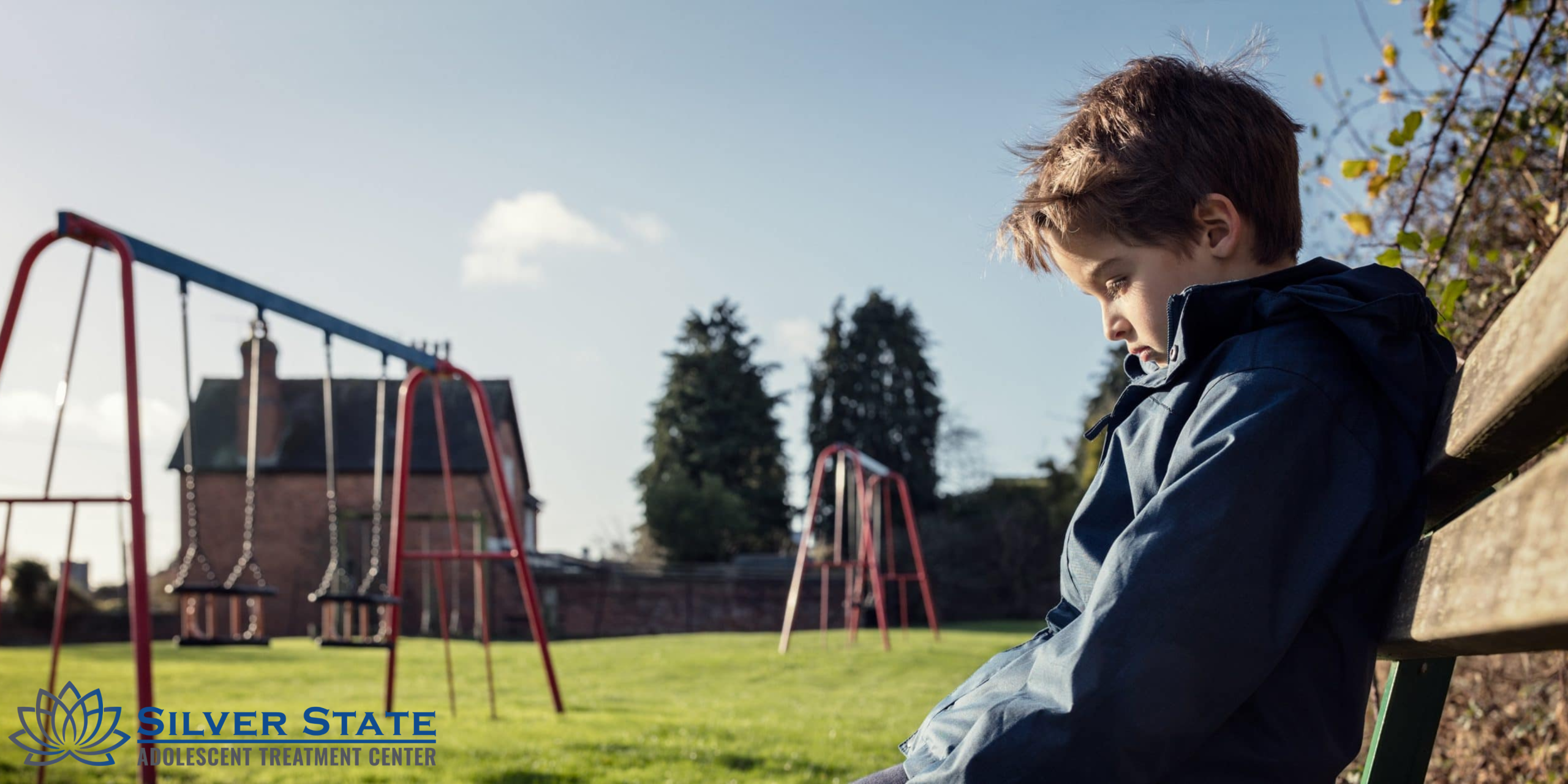Las Vegas Teen Treatment Helps Foster Youth Facing Heroin Addiction

Table of Contents
Key Takeaways:
- Foster youth in the U.S. are more likely to become addicted to heroin, which is often linked to trauma and instability.
- For recovery, it is important to have integrated mental health services for teens that treat both substance abuse and the problems that cause it.
- Teen group therapy and family-based methods like A-CRA and MST help people heal in a way that lasts.
- Teen treatment programs in Las Vegas, like those at Silver State Adolescent, offer residential care that is specifically designed to help foster youth who are addicted to opioids.
- Long-term success is higher with dual diagnosis treatment that treats both substance use and mental health issues.
Introduction
When a foster teen in Nevada or anywhere else is addicted to opioids, Las Vegas teen treatment centers can help. Silver State Adolescent offers full residential care for teens with both addictions and mental health issues. This method deals with the underlying causes of drug abuse, such as trauma, instability, and loss, in a safe and structured setting.
A lot of foster youth who are addicted to heroin have been neglected, abused, or moved around between homes many times. Without effective intervention, these traumatic events often lead to more opioid use. Teen treatment programs in Las Vegas that are based on evidence-based practices are a critical turning point.

What Problems Do Foster Kids With Opioid And Heroin Addiction Have?
Foster youth are much more likely to start using drugs or alcohol at a younger age than their peers, and they also use harder drugs more often, like heroin, hallucinogens, and stimulants. Studies show that instability, lack of interest in school, a history of trauma, and friends who use drugs all significantly raise their risk. Many kids go into care because their parents are addicted to drugs, which creates patterns of misuse that last for generations.
According to the National Institutes of Health, former foster youth are disproportionately vulnerable to early and persistent substance use due to compounded environmental and psychological risk factors.
How Do Integrated Teenage Mental Health Services Help Them Get Better?
Teenage mental health services that are built into treatment are essential. A lot of foster kids have heroin addictionalong with other mental health problems like anxiety, depression, PTSD, or bipolar disorder. Without treating both, recovery may not last. At Silver State Adolescent,dual diagnosis programs create personalized treatment plans that change as the patient makes progress in therapy.
Teen Depression Treatments, CBT, DBT, family therapy, and holistic therapies are all types of treatment that help teens learn how to control their emotions, improve their coping skills, and connect with a support network that is important to them. These frameworks are based on evidence and deal with both mental illness and addiction at the same time.
What Makes Teen Group Therapy Such A Valuable Treatment Tool?
Teen Group Therapy offers foster kids the opportunity to share their experiences with other teens who are going through similar challenges. Sharing stories with others can help you feel less alone and more resilient by providing support. Being in a group also makes people more motivated and responsible, which allows them stay sober. This is in line with the Adolescent Community Reinforcement Approach (A-CRA)and Multisystemic Therapy (MST), which include family, school, and peer networks in recovery planning.
As reported by the Centers for Disease Control and Prevention, effective peer-based support systems significantly reduce relapse in high-risk adolescents when combined with comprehensive therapy.

What Is Special About Heroin Treatment For Foster Kids In Las Vegas?
Heroin is a Deadly Drug, especially for teens who are already weak. The quick onset of addiction and the risk of overdose call for immediate, specialized care. In Las Vegas, Silver State Adolescents’ residential facility and other programs offer medication-assisted treatment (MAT) for opioid addiction along with behavioral therapies designed for young people. MAT (like buprenorphine or naltrexone) helps teens deal with their cravings while they go to treatment and get help with their recovery.
How Do Support Systems Based On Evidence Help People Recover?
A‑CRA and MST-based programs help teens rebuild their support systems at home, at school, and with friends. Structured methods make sure that both substance abuse and underlying mental health issues are dealt with by treating Heroin Addiction and Teen Depression Treatments at the same time.
Ongoing aftercare, such as peer mentoring, alumni groups, and planning for relapse prevention, helps keep the progress made in sobriety and mental health. Silver State‘s holistic programs often include therapy, mindfulness, family involvement, and follow-up services that help people stay stable over time.
The Child Welfare Information Gateway confirms that community reinforcement strategies and wraparound services are highly effective for teens in foster care battling substance use disorders.
Conclusion
In short, programs in Las Vegas that help teens who are addicted to heroin and are in foster care are critical. Silver State Adolescent offers full care that combines addiction recovery with teenage mental health services, dual diagnosis support, and trauma-informed programming, all tailored to the specific needs of foster youth.
Are you ready to help your teen get better? Call Silver State Adolescent right now. Call Silver State Adolescent at Tel: 725.525.9897 to get help.
FAQs:
1. What are some things that make foster kids more likely to become addicted to heroin?
Foster kids often go through trauma, instability, peer substance use, academic problems, and family histories of addiction. All of these things make it more likely that they will start using opioids and then get worse.
2. What does a dual-diagnosis program do to help people get better?
Dual-diagnosis treatment deals with both mental health and substance use problems at the same time. It does this by treating the underlying causes of addiction, like depression,anxiety, or trauma, along with the addiction itself.
3. What does MAT do to help people who are addicted to heroin?
Medication-assisted treatment (MAT), such as buprenorphine or naltrexone, helps teens deal with withdrawal symptoms and cravings so they can do therapeutic work and change their behavior.
4. What happens when you leave the hospital?
Alumni groups, mentorship, ongoing therapy sessions, and planning for relapse prevention are all essential parts of aftercare programs that help people stay sober and healthy in the long term.
Citations:
- Substance Use Among Current and Former Foster Youth. U.S. National Library of Medicine, National Institutes of Health. 2009, https://pmc.ncbi.nlm.nih.gov/articles/PMC3596821/
- Substance Use and Abuse among Older Youth in Foster Care. Washington State University Social & Economic Services Research Center. 2000, https://www.dshs.wa.gov/sites/default/files/rda/reports/research-4-38.pdf
- Youth High‑Risk Drug Use overview. Centers for Disease Control and Prevention. 2025,https://www.cdc.gov/youth-behavior/risk-behaviors/youth-high-risk-drug-use.html
- Supporting Foster Youth at Risk or Suspected of Substance Use. Los Angeles County DCFS policy. 2025, https://policy.dcfs.lacounty.gov/Policy?id=5825

